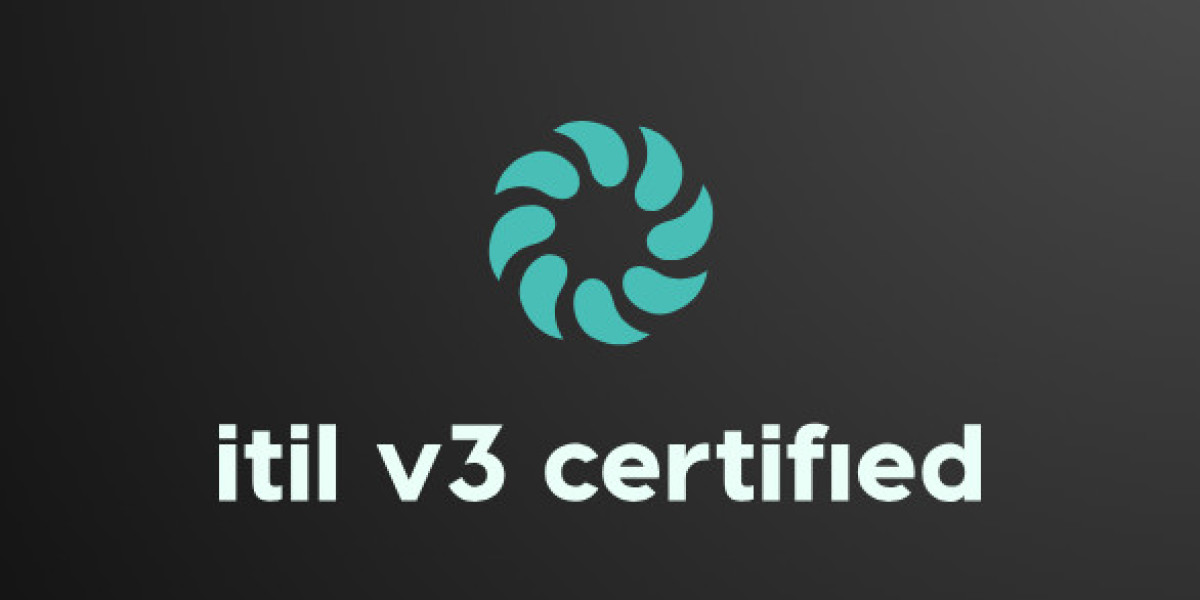Hybrid learning models, which combine traditional in-person instruction with online tutoring or education, represent the future of education. This approach has gained momentum post-pandemic, offering flexibility and inclusivity while maintaining the value of face-to-face interactions. As technology advances, hybrid learning is evolving to better meet diverse student needs, merging personalized learning with collaborative opportunities.
Key Trends Shaping Hybrid Learning
Personalized Learning Pathways:
Hybrid models allow educators to create customized learning experiences. Students can learn at their own pace using digital resources, while classroom sessions focus on interactive discussions and hands-on activities. Adaptive learning platforms powered by AI will further tailor educational content based on individual progress and preferences.
Improved Accessibility and Flexibility:
Hybrid learning bridges the gap between students with different learning environments. Remote learners can access content anytime, while those who benefit from in-person guidance still have that option. This flexibility accommodates varied schedules and learning styles, making education more inclusive.
Integration of Emerging Technologies:
The future of hybrid learning will involve immersive technologies like Virtual Reality (VR) and Augmented Reality (AR). These tools can bring complex concepts to life, offering experiential learning that traditional methods can't achieve. Moreover, AI-driven analytics will provide real-time feedback and insights into student performance, allowing educators to intervene when needed.
Collaborative Learning and Peer Interaction:
Hybrid learning combines the best of both worlds by promoting collaboration. Online forums, video conferencing, and collaborative tools like Google Workspace and Microsoft Teams encourage peer interaction, while in-person sessions solidify teamwork through group activities and discussions.
Teacher’s Evolving Role:
Educators in hybrid models will shift from being content deliverers to facilitators and mentors. With automated systems handling routine assessments and lectures available online, teachers can focus on providing personalized support, fostering critical thinking, and nurturing skills that go beyond academic knowledge.
Data-Driven Decision Making:
With the integration of digital platforms, educators will have access to data on student engagement, participation, and comprehension. Analyzing this data will help in tailoring instruction and identifying areas for improvement. Predictive analytics can also be used to anticipate challenges and implement proactive strategies.
Sustainable and Scalable Education:
Hybrid models are cost-effective and scalable, enabling institutions to reach a broader audience without compromising educational quality. By reducing the need for physical infrastructure, these models offer a more sustainable approach to education while maintaining accessibility.
Challenges and Considerations
While hybrid learning models offer numerous benefits, they also come with challenges. Ensuring equitable access to technology, maintaining student engagement in online settings, and training educators to adapt to these models are significant hurdles. Additionally, a well-structured curriculum that seamlessly integrates both components is crucial for the success of hybrid learning.
Conclusion
The future of hybrid learning models lies in creating a balanced educational experience that leverages the strengths of both digital and traditional methods. As technology continues to evolve, hybrid learning will become more sophisticated, adaptable, and inclusive, setting the stage for a new era of education that prepares students for the complexities of the modern world.



